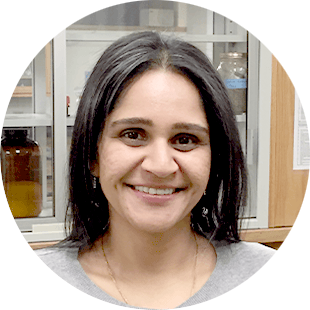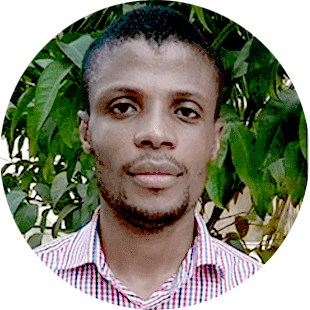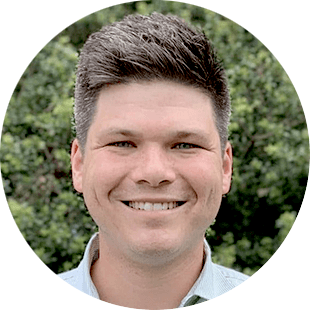Diet as a factor in twinning and fertility
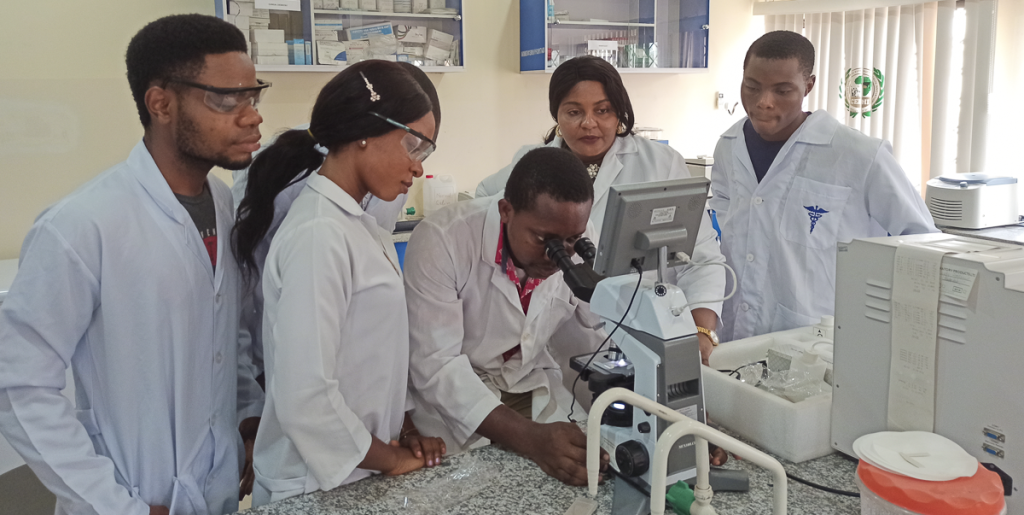
About the department
The Centre of Excellence in Reproductive Health Innovation (CERHI) at the University of Benin was established in 2015 as a World Bank-supported project under the African Centres of Excellence program. It aims to build capacity for implementing high-quality training and applied research for reproductive health professions to tackle policies and programs for reducing the high burden of fertility, unsafe abortion, maternal mortality, and HIV/AIDS in West and Central Africa.
CERHI is one of 17 Centres of Excellence in Nigeria and is the only one focused on reproductive health. With World Bank support, CERHI established a Medical and Research Laboratory serving CERHI and the wider University of Benin community, where laboratory research facilities are limited.
CERHI works with the existing university system to develop programs that train postgraduate students for careers and research in reproductive health. Its goal is to increase understanding of the pathologies of reproductive health and work towards effective therapies that can help reduce the burden of these diseases.
Impact on development
CERHI is the primary training center in Nigeria for careers in reproductive health, whether that involves policymaking to reduce maternal mortality or sceintific research into fertility treatements.
Meet the Awardee
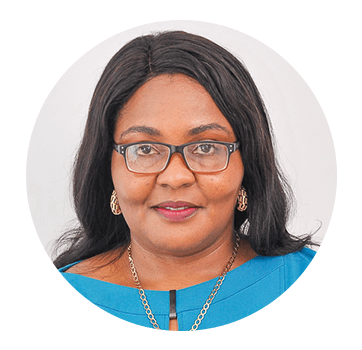
About the institution
Location:
Year established:
Number of students impacted annually:
Why Seeding Labs?
CERHI’s laboratory was originally intended only to be used for research related to reproductive health, but due to a lack of teaching and research labs at the University of Benin, CERHI’s labs were opened to wider use. The increase in the lab’s workflow means that CERHI is in need of more equipment that can be used across collaborating departments. Equipment from Seeding Labs will also support implementing postdoctoral degree programs at CERHI.
Did you know?
Dr. Akhere Omonkhua, who studies non-identical twins, is a non-identical twin herself.
No one knows why Igbo-Ora, Nigeria—also known as “Twin Town”—has one of the world’s highest rates of twin births.


